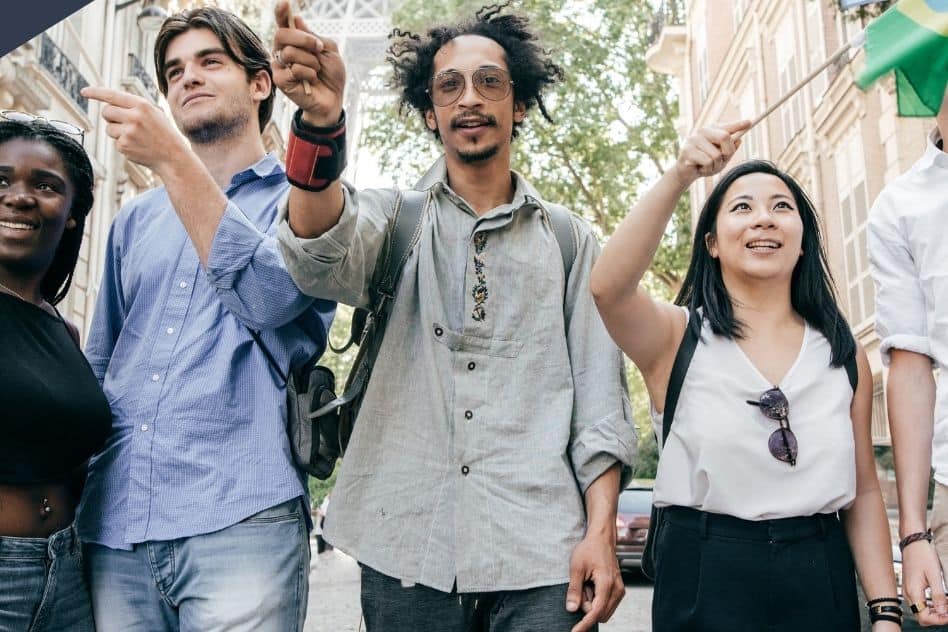Many teachers may underestimate them but they can be really valuable for boosting our students’ progress.
Benjamin Franklin once said, ‘Tell me and I forget, teach me and I may remember, involve me and I learn.” Extracurricular activities or Extra Academic Activity, by definition, are activities that are done outside the walls of classrooms and beyond the normal curriculum of schools and universities. The requirements of education in the twenty-first century are totally different than those of the previous century. School and university students nowadays not only need languages, math, and sciences like before but also require arts, volunteering activities and the like. Therefore, it is really vital for students to take part in extracurricular activities. Studies and statistics prove that students who participate in such activities improve their academic scores as well as social life. Extracurricular activities should be an integral part in all schools and colleges due to the many benefits they have.
To begin with, extracurricular activities are of utmost importance as they enrich students’ educational background, enlighten their cultural background, and entertain them as well. Extracurricular activities have their positive impacts on students’ academic achievements. According to a latest study, students who are involved in extracurricular activities usually outperform those who do not take part in those activities. A student who is involved in a public speaking club, for example, will do much better in language classes than a student who does not participate in such clubs. In addition, extracurricular activities support students culturally. Students will be culturally aware of other cultures when they are involved in extracurricular activities. An international cuisine festival, for instance, is so important because students learn about other peoples’ foods and recipes. Moreover, school and college students need some fun time outside the realm of classrooms, and this can only be achieved through extracurricular activities. Nelson Mandela “has always believed that exercise is the key not only to physical health but to peace of mind.” This, I believe, is true because physical activities motivate the mind and the body, and they add a sprinkle of entertainment to students. In conclusion, extracurricular activities are of great importance educationally, culturally, and entertainingly.
On the other side of the spectrum, many educators argue against extracurricular activities because they deviate students’ attention and waste their time. Academic performance of students might be negatively affected as they participate in extracurricular activities. Research indicates that because extracurricular activities are more appealing to students than their studies and assignments, they will not do well in their tests because such activities take much of their time. Students, of course, love acting or playing sports more than they love studying, and some students do not even love studying. Supporters of this theory also argue that extracurricular activities waste students’ time. They believe that a school or a college is a place to acquire beneficial knowledge such as sciences, languages, and math. Therefore, such activities do not add anything to the educational background of students. Those scholars say that extracurricular activities must only be done outside school and college premises and in their free time. It seems that there are many advocates to this idea worldwide.
To put it all in a nutshell and bearing in mind the pros and cons of extracurricular activities and their effects on young learners, it seems that this issue is truly controversial. Those who champion their importance talk about the issue from an educational, cultural, and entertaining perspective. The others find them purely time-wasting as pre-mentioned. I personally believe in the importance of extracurricular activities and especially in the twenty-first century because universities now require that students must be involved in activities that build characters and leadership traits in addition to taking part in volunteer activities and community service.

